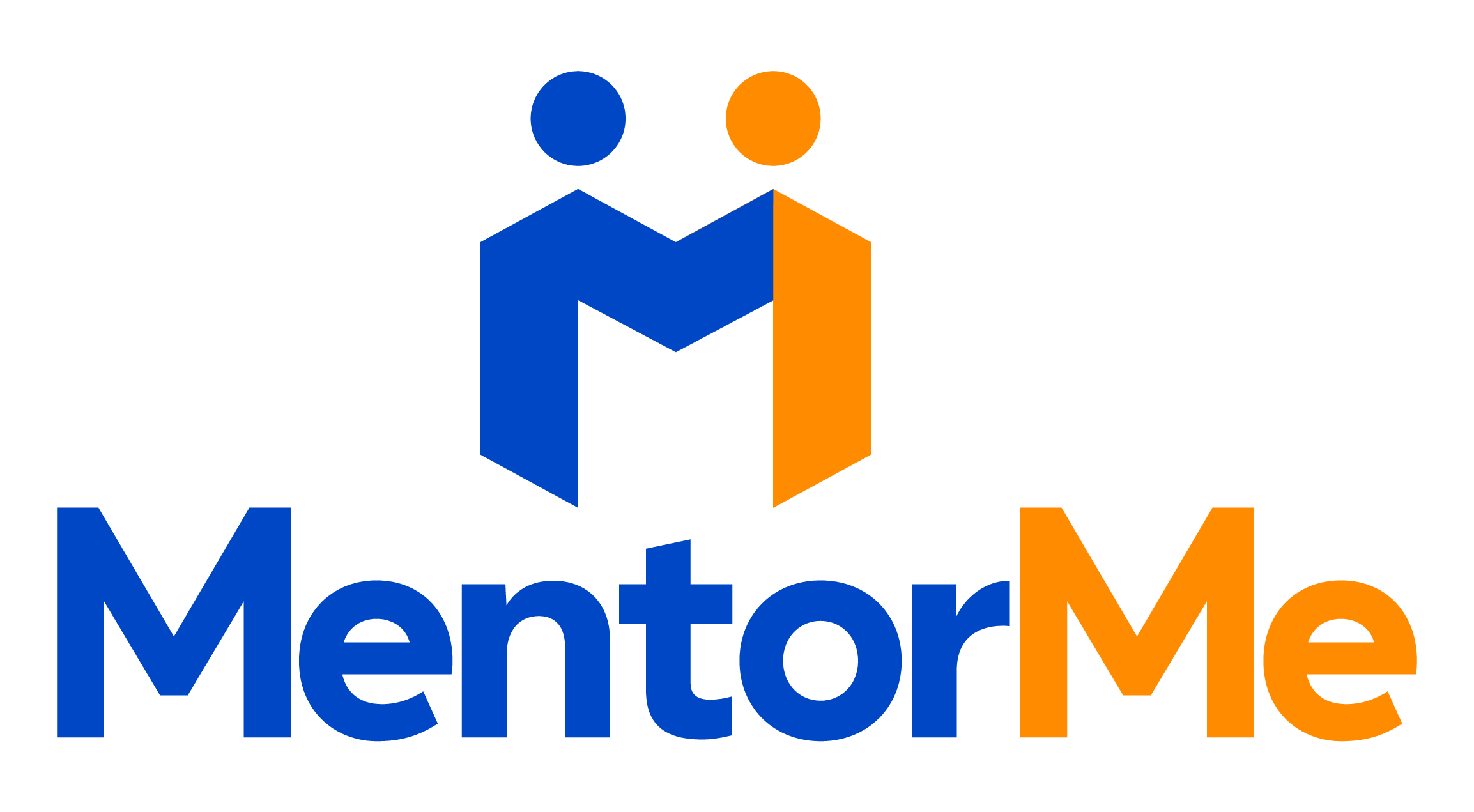
Exploring the Path: Pursuing a Career in Humanities in India
In a country renowned for its rich cultural heritage, diverse languages, and deep-rooted philosophical traditions, India offers a fertile ground for those seeking to build a career in the humanities. While the spotlight often shines on STEM (Science, Technology, Engineering, and Mathematics) fields, the humanities sector in India is experiencing a quiet renaissance. This article will explore the landscape of humanities careers in India, addressing common concerns, highlighting lucrative opportunities, and providing guidance for those who wish to embark on this intellectually stimulating journey.
Understanding the Scope of Humanities in India
The humanities encompass a broad spectrum of disciplines that explore the human condition, including literature, history, philosophy, languages, arts, and more. In India, a country with a tapestry of cultures and a history spanning millennia, the relevance of humanities cannot be overstated. However, a common question lingers: "Does humanities have scope in India?"
The answer is a resounding yes. In recent years, the Indian job market has witnessed a growing demand for professionals with a humanities background. This shift is driven by several factors:
1.Globalization: As Indian companies expand globally and multinational corporations set up offices in India, there's an increasing need for professionals who understand cultural nuances, possess strong communication skills, and can bridge linguistic gaps.
2.Digital Transformation: The digital age has ushered in new roles that require a blend of technical skills and human-centric understanding. Content creators, UX designers, and digital marketers often have backgrounds in humanities.
3.Education Sector Growth: With the rise of edtech platforms and a push for quality education, opportunities for humanities graduates in teaching, curriculum development, and educational consulting have multiplied.
4.Policy and Governance: The Indian government's focus on inclusive development and cultural preservation has opened up roles in policy making, heritage conservation, and social development.
Career Options in Humanities in India
The diversity within humanities translates into a wide array of career options. Here are some of the most promising paths:
1.Content Creation and Journalism: With the digital media boom, content is king. Humanities graduates excel in roles such as content writers, copywriters, journalists, and editors. Platforms like YouTube, Netflix, and Amazon Prime Video are also hiring script writers and creative directors.
2.Education and Research: Teaching remains a noble and stable career. From school teachers to university professors, opportunities abound. Moreover, research positions in think tanks, NGOs, and academic institutions offer intellectually rewarding work.
3.Language and Translation: India's linguistic diversity and growing international business ties have boosted demand for translators, interpreters, and language trainers. Proficiency in regional languages or foreign languages like Mandarin, Spanish, or French can be highly advantageous.
4.Publishing and Literature: The Indian publishing industry is vibrant, with a growing readership. Roles include editors, literary agents, proofreaders, and even authors. The rise of self-publishing platforms has also made it easier for aspiring writers to reach audiences.
5.Art and Design: From traditional arts to contemporary design, humanities graduates find roles as art curators, graphic designers, fashion designers, and even in niche areas like art therapy.
6.Social Sector and NGOs: For those passionate about making a difference, NGOs offer roles in project management, fundraising, community engagement, and impact assessment. The social sector values skills like empathy, critical thinking, and effective communication—hallmarks of a humanities education.
7.Corporate Roles: Contrary to popular belief, humanities graduates are in demand in the corporate world. Roles in human resources, corporate communications, training and development, and corporate social responsibility (CSR) often prefer candidates with a humanities background.
8.Heritage and Tourism: India's rich cultural heritage has created a burgeoning tourism industry. Roles include tour guides, heritage consultants, museum curators, and roles in hospitality management that value cultural knowledge.
Highest Paid Jobs in Humanities in India
While passion should drive career choices, it's natural to consider financial stability. Fortunately, several roles in humanities offer competitive salaries:
1.Corporate Communications Manager: In large corporations, these professionals manage internal and external communications. With experience, salaries can reach ₹15-20 lakhs per annum or more.
2.Senior Editor or Content Head: In media houses or digital agencies, experienced editors can earn between ₹12-18 lakhs annually.
3.Language Specialist (Rare Languages): Proficiency in languages like Korean, Japanese, or Nordic languages can fetch salaries upwards of ₹10-15 lakhs, especially in MNCs or translation agencies.
4.UX Researcher or Designer: Combining humanities insights with tech skills, these roles in top companies can offer packages ranging from ₹10-20 lakhs.
5.Professor in Premier Institutions: At prestigious universities like Delhi University, JNU, or IITs (which also have humanities departments), senior professors can earn salaries comparable to the corporate sector.
6.Archeologist or Heritage Consultant: With the government's push for preserving heritage, senior roles can offer salaries around ₹10-15 lakhs, along with the allure of fieldwork.
7.Art Curator or Gallery Owner: In metropolitan cities, established curators or gallery owners can earn substantially, though incomes can vary widely based on the art market.
8.Senior Roles in NGOs: While entry-level roles might not pay as much, senior positions like Country Director or Program Head in international NGOs can offer salaries upwards of ₹20 lakhs.
It's important to note that these figures are indicative and can vary based on factors like experience, location, and the specific organization.
Preparing for a Career in Humanities
To thrive in the humanities sector in India, consider the following steps:
- Choose the Right Institution: India boasts some world-class institutions for humanities. Universities like Jawaharlal Nehru University (JNU), Delhi University, Ashoka University, and departments in IITs and IIMs offer rigorous programs. Research and choose wisely.
- Specialize and Upskill: While a broad humanities education is valuable, specializing in a niche can set you apart. Additionally, acquiring complementary skills like data analysis, digital marketing, or a foreign language can boost your employability.
- Internships and Projects: Practical experience is crucial. Seek internships in media houses, NGOs, or corporate settings. Work on independent projects or research to build your portfolio.
- Network and Engage: Attend seminars, workshops, and literary festivals. Platforms like the Jaipur Literature Festival or the India Art Fair are great for networking and staying updated with industry trends.
- Consider Interdisciplinary Programs: Programs that combine humanities with technology, business, or law can open up unique career paths. For instance, a degree in Digital Humanities or Law and Literature.
- Be Open to Freelancing: Many humanities careers, like content writing or translation, thrive on freelance opportunities. Platforms like Upwork or LinkedIn can help you find projects.
- Prepare for Competitive Exams: For those interested in government jobs, exams like UPSC (for civil services), UGC NET (for lectureship), or state-level exams open up opportunities in administration, education, and more.
Challenges and Overcoming Them
Despite the opportunities, humanities graduates in India do face challenges:
- Societal Perceptions: There's still a societal bias favoring STEM careers. Counter this with data on job prospects and by showcasing successful humanities professionals.
- Initial Salaries: Entry-level salaries in some humanities roles might be lower than in tech or finance. However, with experience and the right roles, this gap narrows. Focus on gaining experience and skills initially.
- Competitive Job Market: With many graduates, the job market can be competitive. Stand out by building a strong portfolio, networking, and being open to diverse roles.
- Need for Self-advocacy: Unlike structured campus placements common in engineering colleges, humanities students often need to be proactive in job hunting. Embrace this as an opportunity to develop resilience and resourcefulness.
Conclusion: A Bright Future in the Heart of Indian Culture
Pursuing a career in humanities in India is not just a professional choice; it's a commitment to understanding, preserving, and shaping the narrative of one of the world's oldest civilizations. As India strides into the future, balancing technological advancement with cultural richness, the role of humanities professionals becomes ever more crucial.
And this is where MentorMe steps in. Whether you are drawn to the humanities or other fields, MentorMe is here to guide you every step of the way. Our platform offers personalized mentorship, expert advice, and the resources you need to make informed decisions about your career. With our support, you can navigate the challenges and embrace the opportunities that come with your chosen path. In the land of the Vedas, the Ramayana, and Tagore, let MentorMe help you find your voice and shape the India of tomorrow. With passion, perseverance, and the right guidance, your journey will not only be meaningful but truly rewarding.
Author:
Vandana Garg
5+ years of Experience in Career Guidance.
Certified Career Coach By NCDA.






